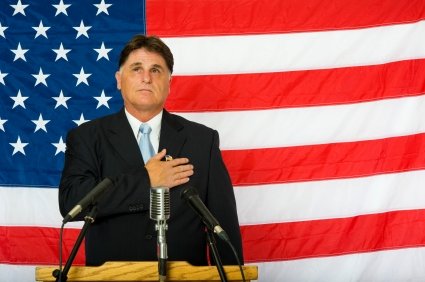Opinion on the Hobby Lobby Decision: More Equal Than Others
By Jason Hines – Today the Supreme Court ruled in a 5-4 decision that Hobby Lobby and other closely held corporations can refuse to cover certain forms of contraception in the insurance plans they provide to employees because of their “religious beliefs.” Now I put religious beliefs in quotes because despite the Court’s decision, I refuse to admit that corporations, created in order to separate themselves from the people who create them, can have religious beliefs.
Opinion on the Hobby Lobby Decision: More Equal Than Others Read Post »






